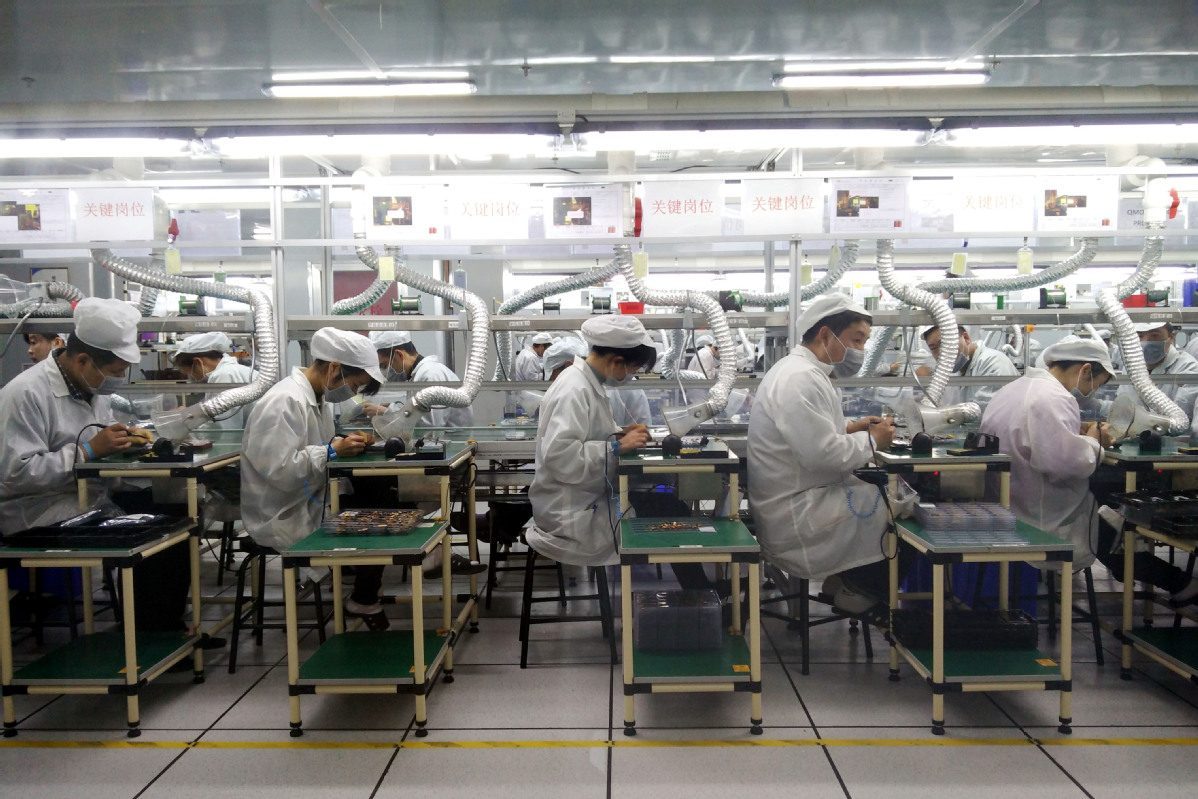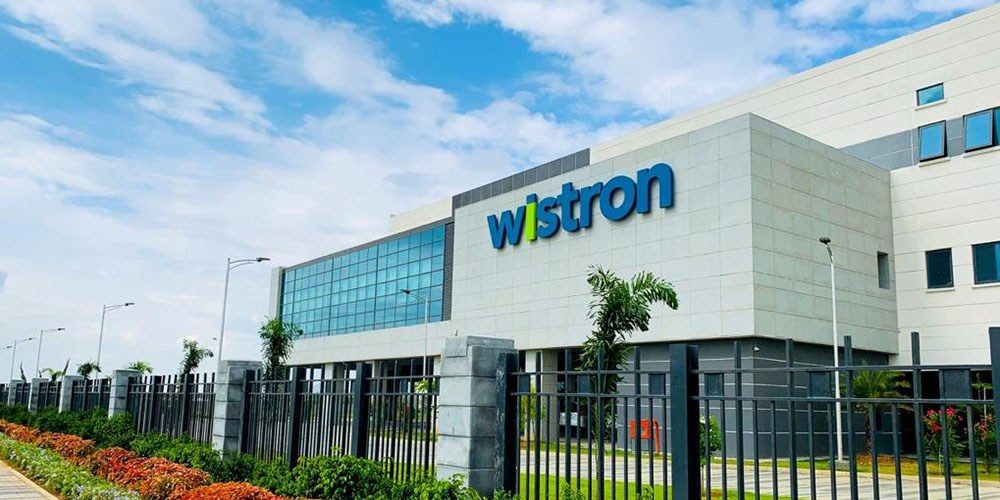Apple claims to have a zero-tolerance policy for labor law violations by its suppliers around the globe. However, the ground reality contradicts that claim. A report by The Information details that the Cupertino tech giant looks the other way when key suppliers are found guilty of violating labor laws like hiring under-age workers, unsafe working conditions, unpaid salaries, and others.
Siting a seven years old case of Suyin Electronics, the publisher reports that the iPhone maker takes years before cutting ties with a manufacturing partner caught exploiting workers, repeatedly. After MacBook ports manufacturer, Suyin Electronics was caught twice hiring under-age employees, it is said that,
Suyin pledged to do so, but an audit by Apple three months later found three more underage workers, including a 14-year-old. Apple, which has promised to ban suppliers that repeatedly use underage workers, stopped giving Suyin new business because of the violations. But it took Apple more than three years to fully cut its ties with Suyin, which continued to make HDMI, USB and other ports for older MacBooks under previous contracts. A person close to Suyin, which is headquartered in Taiwan, said that the company hadn’t intentionally hired underage workers and that it had passed Apple’s audits in later years.

Apple slow in cutting ties with suppliers guilty of labor exploitation
Former Apple employees of the supplier responsibility team told the publisher that the company intentionally delayed strict action against labor law violating manufacturing partners if it did not have a suitable replacement to take up the load.
In interviews, 10 former members of Apple’s supplier responsibility team — the unit in charge of monitoring manufacturing partners for violations of labor, environmental, and safety rules — claimed that Apple avoided or delayed cutting ties with offenders when doing so would hurt its business. For example, the former team members said, Apple continued working with some suppliers that refused to implement safety suggestions or that consistently violated labor laws.
The sources explain that the reason behind Apple’s reluctance to immediately cut off ties with violators is its certification process which requires a lot of time and hard work by suppliers to meant the company’s standard. And not many suppliers can do that.
Apple faces problems in immediately removing suppliers who consistently breach these rules: Most obviously, there aren’t many alternative manufacturers that can easily pick up the slack. New suppliers can take years to meet Apple’s exacting standards for quality and volume. In the case of Suyin, Apple’s procurement team was reluctant to abruptly shift orders to other suppliers because it would have created delays and incurred higher costs, said a former employee.
Even after Wistron was found guilty of not paying the labor on time and deserve amount, Apple only suspended new contracts for the manufacturer and allowed it to complete previous orders. This is the company’s usual line of action against violators of supplier code of conduct as in the case of Pegatron. Pegatron knowingly hired students and allowed them to work overnight and longer hours.

In addition, the company’s defended its long-term supplier, Lens Technology is accused of using forced labor at its Chinese facilities. It was reported by Tech Transparency Project that thousands of Uyghur workers from the Muslim-majority region of Xinjiang were sent to work in Lens Technology factories in China. Apple’s spokesperson said,
Lens Technology has not received any labor transfers of Uighur workers from Xinjiang and Apple has a “zero tolerance” policy for forced labor.
“Any violation of our policies has immediate consequences, including possible business termination. As always, our focus is on making sure everyone is treated with dignity and respect, and we will continue doing all we can to protect workers in our supply chain.”
Contrary to the company’s claims, The Washington Post reported that Apple was lobbying against the ‘The Uyghur Forced Labor Prevention Act’. Recently, O-Film was dropped by the iPhone maker after the U.S. Department of Commerce had added the manufacturer to the list of eleven companies allegedly involved in human rights violations against Uighur Muslim minorities. However, the supplier was allowed to produce modules for lower-tier iPhones until the company found a replacement.
3 comments